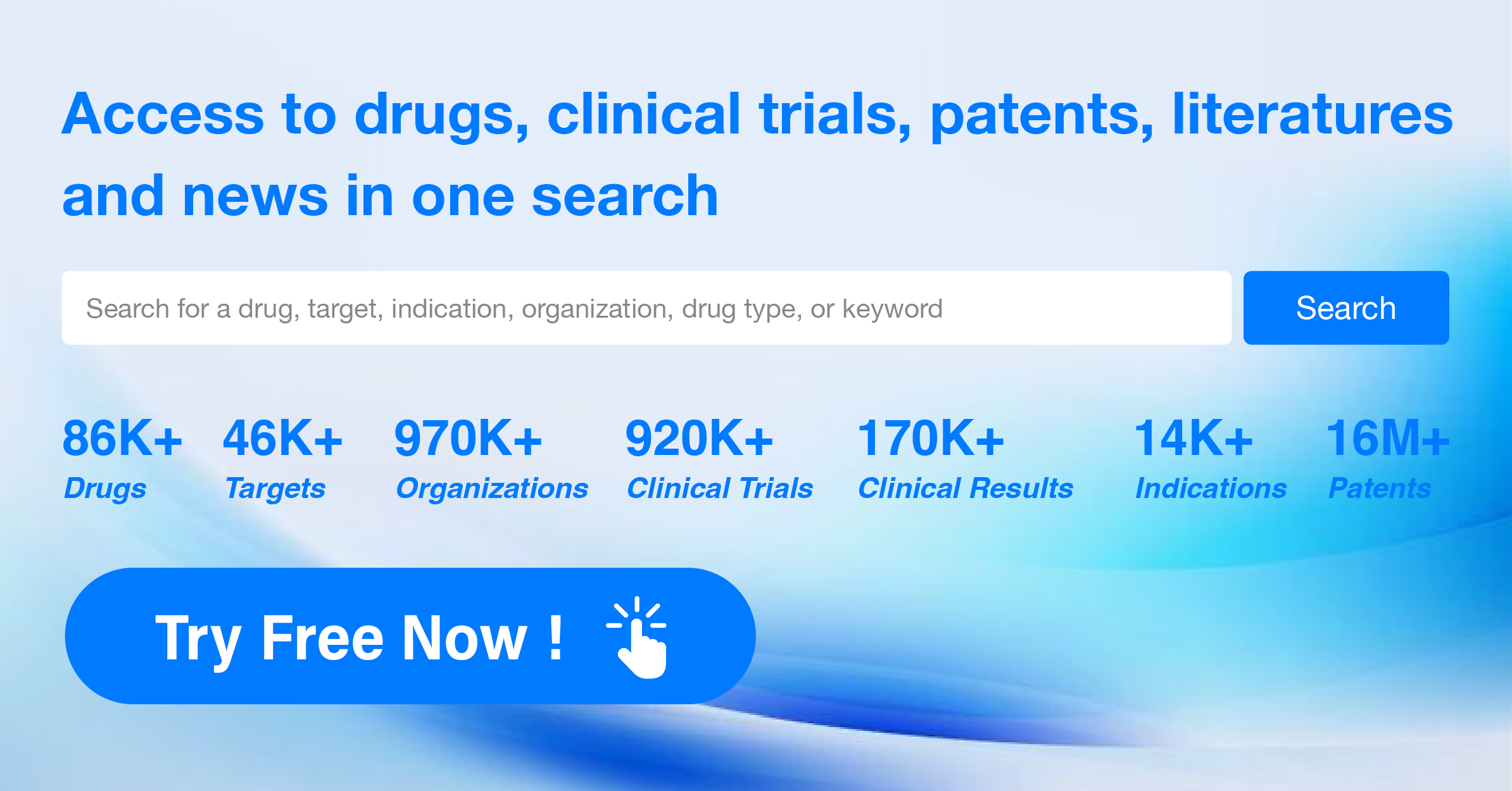Rezatapopt Phase I Results in Advanced Ovarian Cancer Presented at 2024 SGO Meeting
A recent study, known as the PYNNACLE Phase 1/2, has indicated that a novel treatment called rezatapopt (PC14586) could be effective for patients with advanced ovarian cancer who have a specific genetic mutation, TP53 Y220C. The findings were highlighted at the 2024 SGO Annual Meeting in a late-breaking presentation.
Among 15 patients assessed, seven experienced a verified partial remission with an average response duration of seven months, and the treatment was deemed safe.
Rezatapopt is a groundbreaking targeted therapy for advanced solid tumors with the TP53 Y220C mutation and KRAS wild-type. It is currently under evaluation in a pivotal Phase 2 trial.
The Phase 1 results from the PYNNACLE trial (NCT04585750) showed that rezatapopt is well-tolerated and can elicit responses in heavily pre-treated patients with various tumor types. The analysis focused on the treatment's effectiveness in ovarian cancer patients within the effective dosage range.
The patient group comprised 22 individuals, predominantly with high-grade serous ovarian cancer, and all were KRAS wild-type. The median age was 66 years, and most were platinum resistant. Seven patients achieved a confirmed partial response, with a median duration of seven months, and six out of 15 showed a CA-125 response.
In the broader population of 67 patients, treatment-related adverse events were mostly mild to moderate, with the most common being nausea, vomiting, and increased blood creatinine levels. The frequency and severity of these events were comparable across the ovarian cancer group and the general population. Administering rezatapopt with food improved symptoms of nausea and vomiting.
Rezatapopt is a first-of-its-kind small molecule designed to bind to the p53 Y220C mutant protein, potentially restoring its normal structure and function. The FDA has granted it Fast Track designation for treating patients with certain solid tumors.
The ongoing PYNNACLE study is aimed at patients with advanced solid tumors and the TP53 Y220C mutation. The primary goal of the Phase 1 was to establish the maximum tolerated dose and the recommended Phase 2 dose of the drug. The study also assesses safety, pharmacokinetics, and biomarker effects. The Phase 2 portion will focus on the drug's efficacy.
PMV Pharma, the company behind the drug, specializes in developing small molecule therapies that target the p53 protein, which is mutated in about half of all cancers. The company was co-founded by Dr. Arnold Levine, a pioneer in p53 biology.
How to obtain the latest research advancements in the field of biopharmaceuticals?
In the Synapse database, you can keep abreast of the latest research and development advances in drugs, targets, indications, organizations, etc., anywhere and anytime, on a daily or weekly basis. Click on the image below to embark on a brand new journey of drug discovery!




